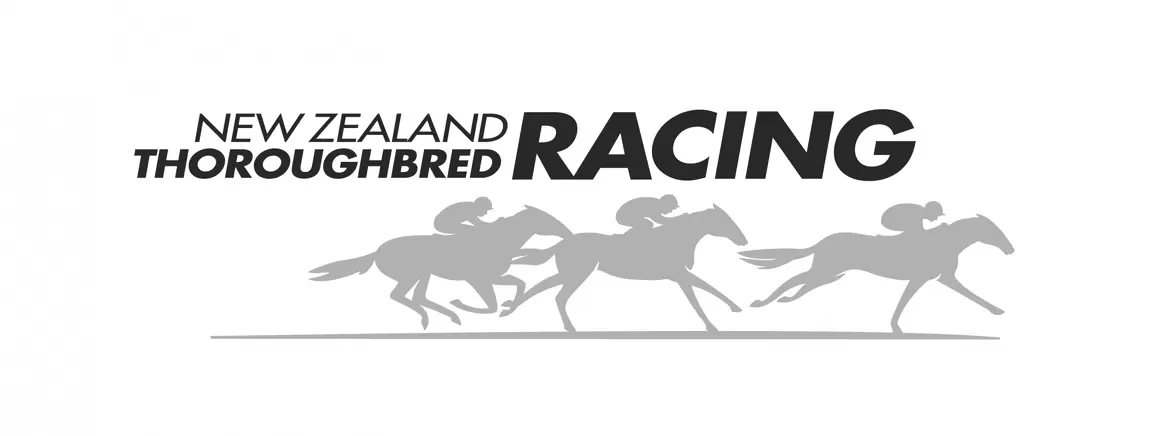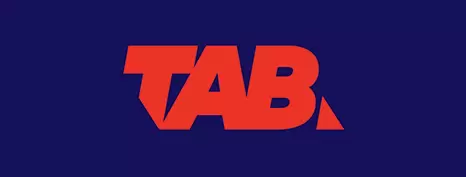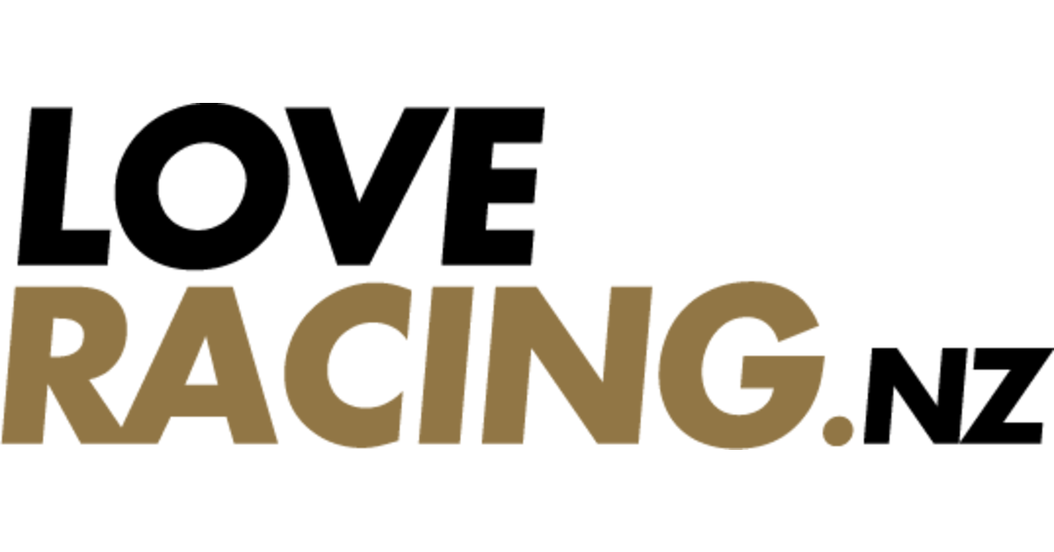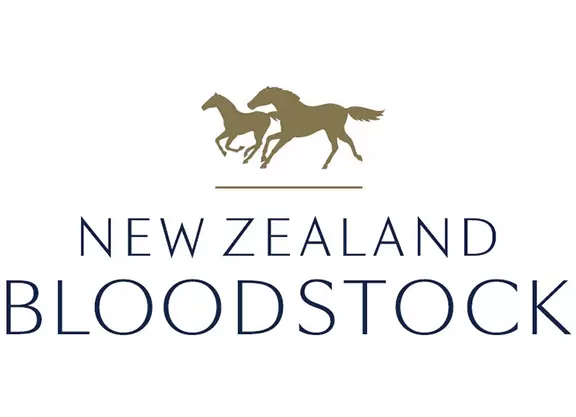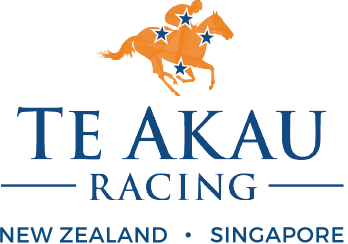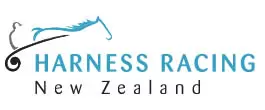 Mike Clement
Mike Clement“I might not be the most popular person around, but I’m not going to hold back when it comes to suggesting that there might be a better way or a different way of doing things.”
Those are the words of Mike Clement, who was appointed Chief Executive of the newly established Racing Integrity Board (RIB) on 1 July 2021.
Section 42 of the Racing Industry Act 2020 created the RIB, a new integrity body which is wholly independent from the codes, to replace the Racing Integrity Unit (RIU) and the Judicial Control Authority (JCA).
Section 44 of the Act outlines the RIB’s core powers and functions, which include:
• Compliance with/enforcement of racing rules and regulations;
• Prohibited substances testing for animals and people;
• Raceday vet services and monitoring racing code animal welfare policies and initiatives; and
• Adjudicative services.
The past five months have been a period of change in New Zealand racing’s integrity functions, and the man charged with overseeing it all is Clement, a man who enjoys watching Trackside and going to the races, as well as gardening, reading, keeping fit, and spending time with his wife and two adult daughters.
Clement grew up in rural mid-Canterbury. His father was a keen racing follower, and Clement himself spent two weeks working as a reinsman before deciding it wasn’t for him. Next, he paid a visit to a recruiting officer contact in the police and he applied for the force.
“The next thing I know, I’m in the police having just turned 18, without much of a plan to be honest,” he remembers.
“You don’t really know what you’re getting yourself into that young. But I went with the flow – I trained for a year in Trentham, and then returned to Canterbury and worked there for 26 years.”
After 42 years in the force, including five and a half years as Deputy Commissioner between 2014 and 2020, Clement retired.
“I think the famous line was that I didn’t have a plan after I retired! But when this opportunity at the RIB came along, I thought I’d give it a go and see if this is something I can put my skills to and then I can learn from others in the organisation and the industry as well.”
Clement acknowledges that what lies ahead is an ambitious change programme for the RIB, particularly around the animal welfare mandate which now lies with the organisation.
“A big part of my day is sitting across the changes of the RIB function, while at the same time, trying to maintain an operational focus on what’s going on within the racing industry.
“When I speak to the codes’ chief executives and the layer below them, they all talk about the necessity for a robust, efficient and contemporary integrity function. But that also means change for people in the industry. We have to be consistent with the way the rules are applied, and we also have to test whether the rules are fit for purpose, particularly around the animal welfare side of things.
“If rules need to change, rules need to change, and we’ll be quite firm in our thinking around that.”
A hot topic of conversation lately has been the whip rule. Some industry participants consider that enforcement of this rule has been too heavy-handed and has resulted in an influx of jockey suspensions and as a corollary, an increasing lack of available jockeys on raceday.
Clement is firm about the RIB’s approach to the rule.
“I’ve made it very clear to our people that the rules exist for a reason. They were created by the codes and our job is to enforce them, and to the extent that we can be consistent and predictable about how we do that, then we should.
“When the latest iteration of whip rules came in, I made it very clear that I was very interested in how we were applying those rules. As you would predict, there was a significant number of infringements issued. But it’s our job to set the tone on behalf of the codes who have made the rules very clear.
“The RIB’s part in this equation is to enforce those rules for the betterment of racing and the continuation of the confidence that people have in the social licence for racing.
“I’ve suggested to the codes that there’s an opportunity for them to identify the ‘frequent flyers’, who are struggling to comply. We don’t want them out of the sport, and there are some good success stories of those who have modified their whip use.”
Saturday’s turn of events at Trentham, where the race meeting was abandoned after just one race, has prompted NZTR to launch an investigation into the day and the events leading up to it. Part of this investigation will entail the RIB reflecting on what processes they followed on the day.
“There’s already been a lot of opinion on the day – and rightly so, because first and foremost, was the safety of those people and animals compromised, and was there an opportunity to have avoided or mitigated that?
“Of course, we are part of that process, just like the code is, the club is, and the participants are.
“It’s what I’ve been saying all along; if we haven’t been good enough as a system, and the RIB’s in that system, then we’ll reflect on it, and if there’s a better way of doing things going forward, then we should. So I’m open to that.
“But let’s get all the facts on the table first. I think it’s important to take a breath, have a think about what happened and see what emerges as a result of that. I know it was a Group day, but issues can arise regardless of the day, and the safety of the riders and animals on an Industry day is just as important as on a Group day.”
Being Auckland-based, Covid restrictions have meant that Clement hasn’t been able to get around to as many racetracks as he would have liked yet. But he’s looking forward to heading along to Ellerslie on Boxing Day and gaining further insights as to how everything comes together on raceday from a RIB perspective.
“We have around 25 stewards around the country across the three codes, along with six investigators, again spread around the country, and a small corporate team we are in the process of growing. We also have a need for more expertise in animal welfare.
“So, there’s around 35 fulltime employees, but we also have casual employees such as raceday vets and swabbers who also fall under our jurisdiction, and also around 20 adjudicators, who have a critical but separate role from the compliance team.
“We have recently taken on Mairi Stewart to lead up our animal welfare capability – she’s on secondment to us. She has previously worked for Greyhound Racing New Zealand, and more recently as the Principal Advisor for Animal Welfare for MPI.
“Animal welfare will be an area that both the codes and the industry as a whole will see some change in over the next few years – everyone’s got a part to play, everyone can have a say, and I’m confident that everyone will be on board.
“I think that the racing industry can be a leader in this area.”
One thing that has struck Clement during his time at the RIB so far is the passion of the participants.
“People’s interest in racing often goes back decades and back through the generations. People are deeply passionate about racing; they don’t necessarily do it for the financial reward. It’s a hobby, an interest, a livelihood, it’s all of those things. You can see their eyes light up when they talk about their animals.
“People definitely don’t mind voicing their views to me,” he laughs. “And to be honest, I welcome it. If people want to contact me, they should. We are listening.
“The integrity function relies on good people coming forward with their concerns; there isn’t much point sitting back and complaining if you aren’t prepared to back it up. People love racing, however, I have also had people talk to me about what they don’t like about the culture. The thing about culture is everyone contributes to it and everyone can have a part to play in reshaping it. There is a saying I like which is that the standard you walk past is the standard you accept.
“People need to be patient for change though – some things will take time, not just for the integrity function, but for the broader industry.
“But by the same token, when you can make change and you have it within your control to do it, then that’s something I’m keen to do. Not everything will take a lot of time to change.”

